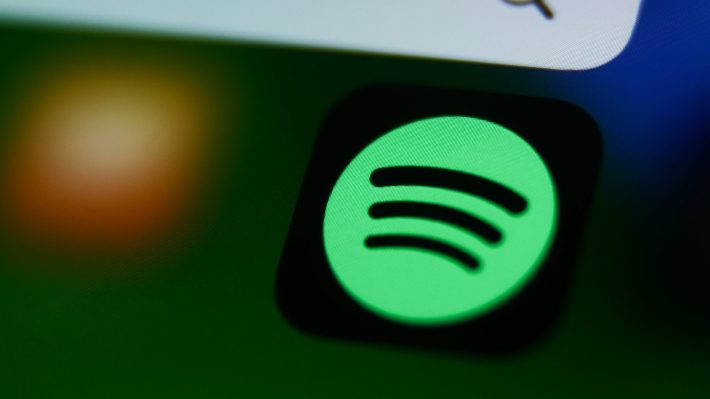Spotify has reversed course on a decision to exit the Uruguayan market, after gaining assurances from the government that copyright law changes it’s introducing won’t result in Spotify incurring extra costs.
For those not following all the goings-ons in Uruguay’s music-streaming scene, the saga unfolded something like this. Last October, Uruguay passed a new law that stipulated, among other things, that artists should receive “fair and equitable” remuneration for their work. As far is recorded music is concerned, this didn’t purely mean the main “featured” artist, but everyone on a recording, from composers and performers to session musicians and beyond.
The issue, as far as Spotify was concerned, is that it claimed to already pay around 70% of every dollar it generates from music to record labels and publishers. As such, the company sought clarity on who would bear responsibility for paying artists who may have contributed to a record — it wanted to ensure that the people it already pays money to directly assumed the responsibility for issuing payments to whoever else the new law may cover, from the money they already receive.
“The changes in this bill could force Spotify to pay twice for the same songs and unless the government makes it clear that record labels and publishers to whom we pay that ~70% should bear the responsibility for these costs, this will make our business of connecting artists and fans unsustainable,” the company wrote in a blog post this month.
As a result of all this, Spotify confirmed that it would begin phasing out its service in Uruguay starting January 1, 2024, with the full and final closure taking place a month later.
Exit stage left
Spotify’s attempt to lay the blame for its impending exit at the government’s door worked, too, with more than 40,000 people subsequently signing a petition demanding that the Uruguayan government guarantees the “permanence of Spotify in our country.”
President Luis Lacalle Pou was thrust into the fracas, telling reporters that the government was “in talks” to resolve the situation, saying: “You have to be balanced — we understand that it is a very important platform,” news outlet Teledoce reported at the time.
So irrespective of who was to blame for the situation, it was turning into a political headache, one that has now seemingly been resolved by assurances that Spotify won’t be held liable for any further costs as it relates to artist payments.
“The Uruguayan government has demonstrated that it recognizes the value Spotify provides to local artists, songwriters, and fans,” Spotify wrote in a post today. “The clarification to the recent changes in music copyright law means that the rightsholders — to whom Spotify already pays roughly 70% of every dollar it generates for music — should be responsible for these costs.”
